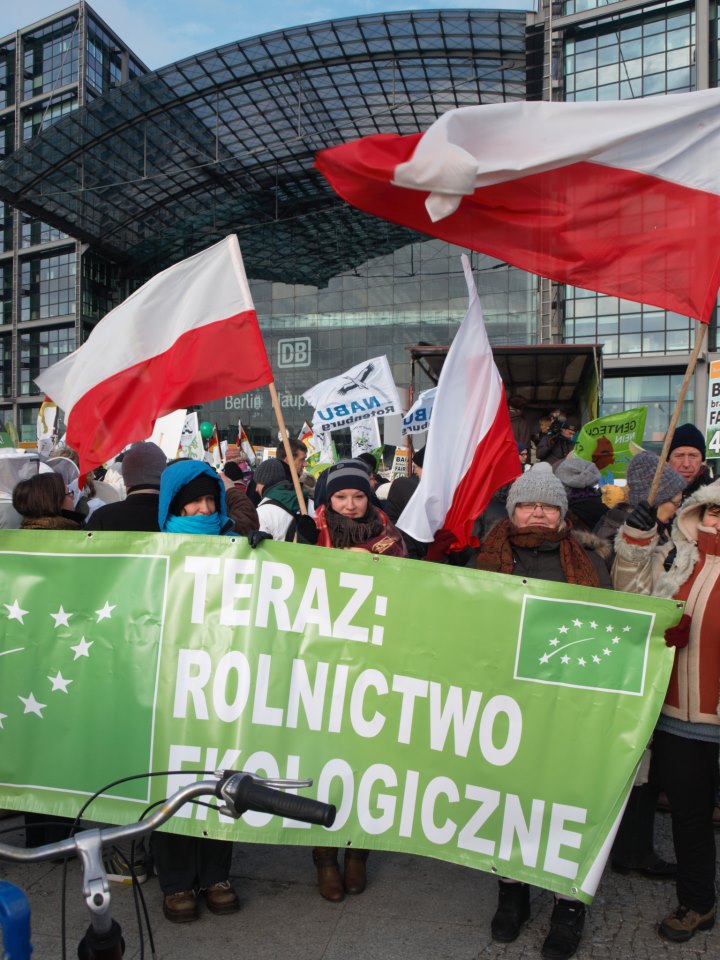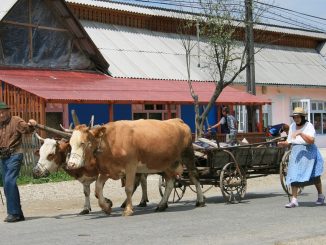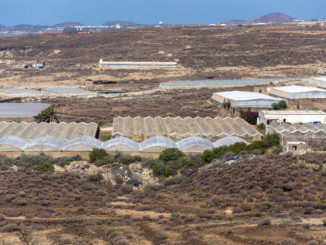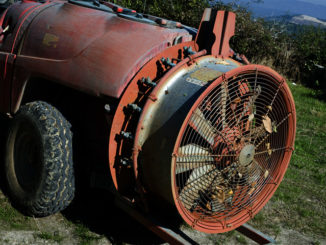As 2014 cranks into gear, what are the key priorities and issues for the weeks and months ahead? Here is ARC2020.eu’s top six, in no particular order…

1: A small farmer, gardener, resilience and biodiversity friendly seed regulation. Those sneaky regulators keep trying to make traditional seed saving more difficult, let’s keep our collective eyes on them and make sure that we can all save the great range of seeds that are available to the planet.
2: Member States of the EU to do better than the EU has done with CAP reform. They can adequately support, including financially, Pillar II of the CAP through modulation, but also match funding. They can also be creative in what they do within the CAP, such as using the EIP to develop agro-ecology initiatives.
3: The Transatlantic Trade and Investment Partnership (TTIP) to be radically adjusted or scrapped. In particular, Investor State Dispute Resolution mechanisms must now water down years of European socio-environmental progress. We do now want the lowest global common denominator to be our baseline.
4: Our favourite bee killers – Syngenta, Bayer and BASF – to win the public eye awards! See here to vote, before 22nd January! Also, concurrently, these bee killers can fail in their legal efforts to halt the partial ban on neonicotinoid pesticides.
5: No pesticides in Ecological Focus Areas! Technically part of the CAP, this deserves a point all to itself. It may seem bizarre, but its actually true. Almost all member states’ agri ministers have come together to try to allow pesticides, of all things, in what are supposed to be nature refuges. One of the few bright lights in the CAP so called reform has the creation of EFAs – ecological focus areas – and yet, in the stage when the final legislation is being written up, agri-ministers have been tried to change the legislation to allow insect and plant killing sprays to be used in these areas that are suppored to be left for nature to regenerate. So that’s dedicated parts of farms for nature – with pesticides. What do they think the ‘icide’ bit in the word pesticide means?!?!
Here’s specifically what “icide” means:
“-cide, usually written -icide
Source: French -aide; Latin clda or cidum according as the sense is *^a
slayer” or “a killing.” “
So that’s that then: slaying or killing, in this case, plants and insects.
6: A massive noisy turnout for the #wearefedup demo on 18th January in Berlin! We are fed up with agribusiness! Good Food, Good Farming for all! See you on the 18th!
A special request: Let’s all try to use the hashtag #wearefedup – especially on the day of the demo itself – let’s all tweet that hashtag during the demo, to get the phrase trending, and to draw attention to our causes of better food farming and environment policies for rural Europe. Imagine the effect of tens of thousands of people all using the smartphones in their pockets to dominate twitter for a few hours, with our messages? Use #wearefedup and your favourite apt farming, food environment phrase, one that explains why you have made the effort to get to the demo. eg “#wearefedup with industrial farming” “#wearefedup with pesticides in ecological focus areas #CAP” or “#wearefedup with #antibiotics in our meat” “#wearefedup with #TTIP @arc2020.eu” and so on…be creative and use the opportunity this demo offers up to tell the world what you think about how our food happens.
So what do you want for 2014? Join the debate with us on facebook, twitter or even in the comments below.





